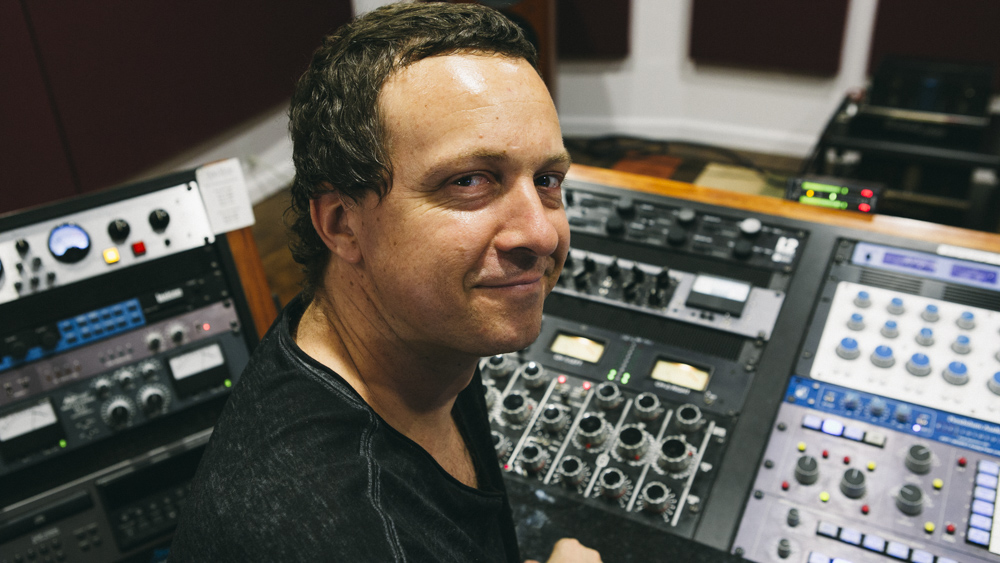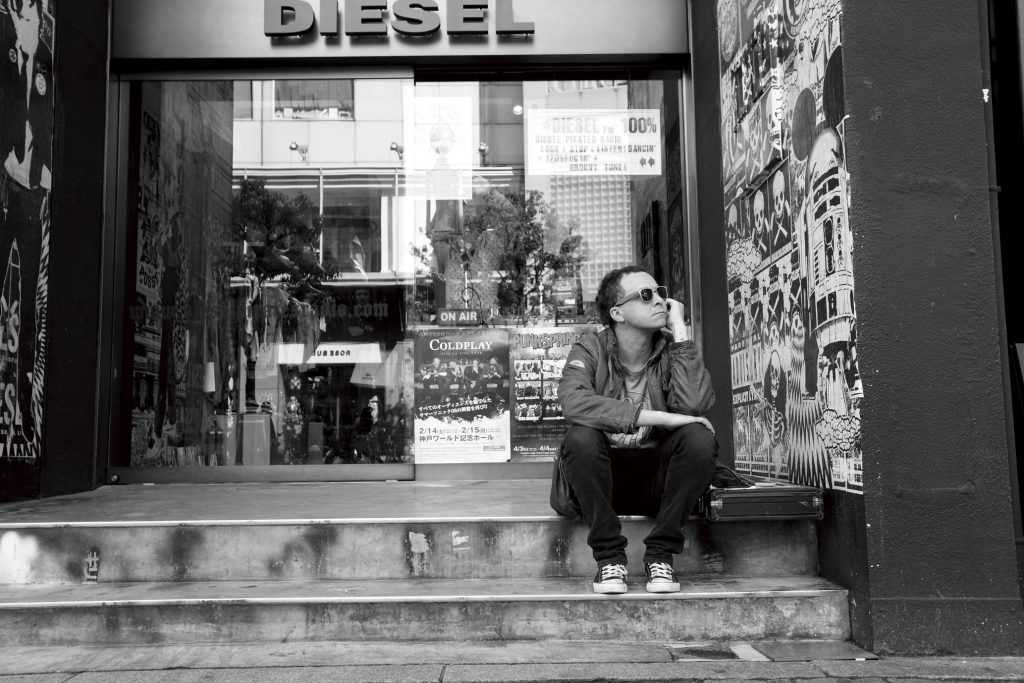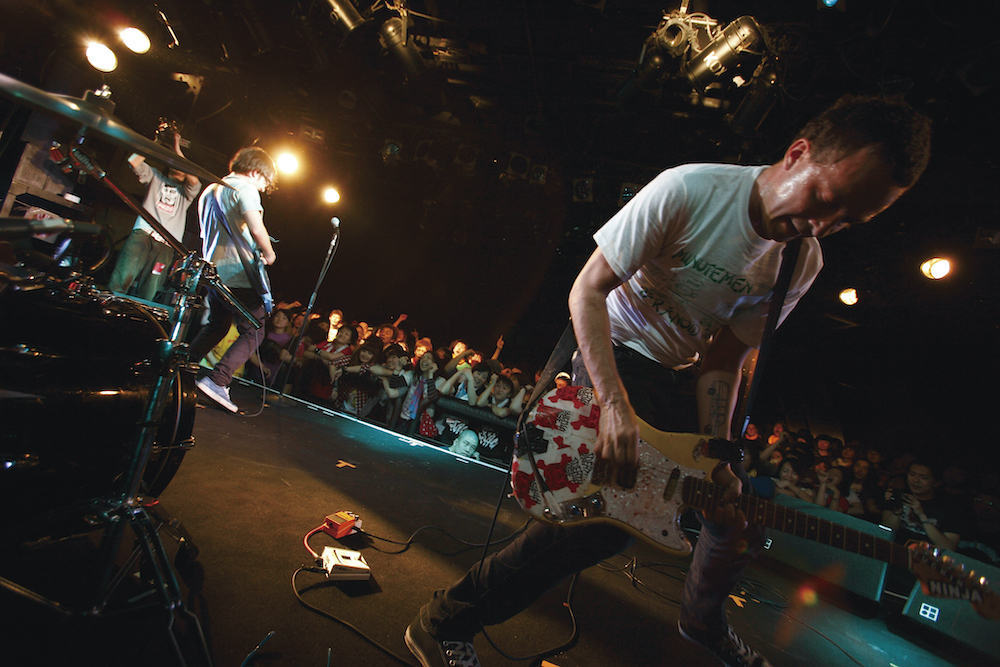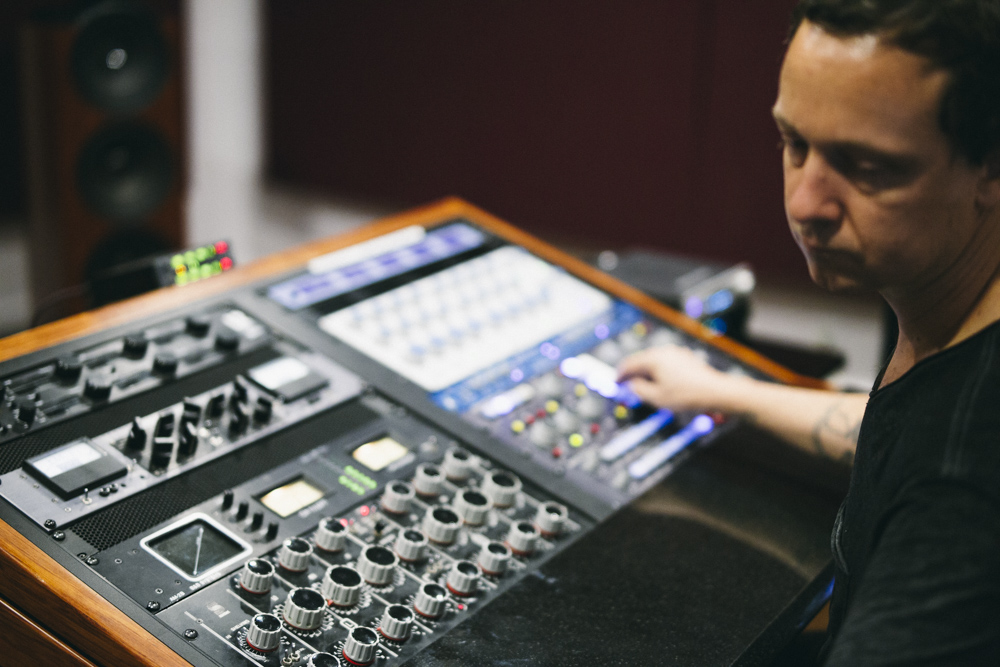Featuring guest writer Dan Walker – former founder/owner/engineer of The Submarine Studio in Brooklyn NY, now current owner/founder/mastering engineer at Mastering By Dan Walker in Queens NY.
Recording your music is an exciting journey that can shape your career. Whether you’re a seasoned pro or stepping into the studio for the first time, making the most of your recording experience is crucial.
Mastering engineer Dan Walker has kindly shared his most valuable tips to help artists achieve their best results and create memorable work.

Photo: Johnny Siera
Dan: Recording your own music is a wild journey with all the ups and downs that come with birthing anything creative into this unpredictable and ever changing world.
1. Preparation is Key
This is by far one of the most important aspects of the recording process even before setting foot into the live room. I’ve definitely experienced many frustrated artists painfully watching the clock and wondering why things aren’t coming together.
It’s a super simple equation but very regularly overlooked. That’s not to say that creative spontaneity throughout the process is not to be encouraged. If anything, spontaneous nature has more room to shine with a well planned out foundation to bounce off.
2. Choose the Right Studio
Take a look at the artist and label list that have passed through the various studios you’ve researched. If you’re looking for a particular sound and vibe it’s worth investing the time into finding the right space, engineer and equipment that connects to the sonic aesthetic of the vision you’re going for.
3. Plan Your Budget
Set a budget and be realistic about what you’re trying to achieve in the time frame that budget will allow for. Make sure there’s clarity in regards to all upfront costs and services offered.
Having passed through the many processes involved from both an engineering and artist angle myself, I highly recommend also allocating budgets for mastering at a dedicated facility. Having a fresh set of ears to finalise a project and prepare it for delivery can save extra time, money and heartache.
4. Arrive Well-Rested and Relaxed
Although there is stereotypically a rock and roll image of achieving everything ‘sideways’, nothing compares to feeling focused and fresh coming in to record.
This is only going to produce more consistent and solid results as opposed to stepping into the studio hungover with zero sleep (though each to their own). It holds up the process and guarantees a steady stream of finances lost down the drain with less to show for it, is what I’ve noticed over the years.

Photo: Yosuke Torii
5. Communicate Effectively
Again this comes down to being prepared, confident and aware of your own project and also the relationship formed with your producer/engineer. Don’t hesitate to ask questions and investigate changes if something doesn’t feel quite right.
Remember that you’ve paid for a service. So you’re well within your rights to adjust and finesse to put things into the correct space that makes sense to you. But also be aware it’s a balance. At times the engineer may also present some valuable advice that may be just what that record needed to make it shine, and so it also pays to listen.
6. Take Breaks
Recording for long periods of days, weeks and sometimes months, breaks are certainly crucial to avoid rabbit holes and circular work. Ultimately scheduling in regular breaks to rest voices, fingers, minds etc. will lead to a much more coherent and focused end result.
7. Experiment and Be Creative
As mentioned in point 1, spontaneity is a beautiful thing and should definitely be encouraged. Leave any fears at the door and come into recording with an open mind and great things are bound to happen.
8. Trust the Professionals
Alongside paying for the right studio space and gear, the professional advice that comes with the years spent working with artists in recording environments are a highly valuable asset to the entire process.
There may be times of frustration and clashing but just allow some room to trust the engineer’s angle from time to time when things may require some unbiased input to keep the project from getting stuck in a feedback loop.

Dan playing with this band The Death Set
9. Capture the Emotion
Capture the moment and try not to second guess things. If it feels right, then it usually is. Technicality is great but an emotive performance even despite minor imperfections generally comes out on top.
10. Document the Process
In a world gone digital where the internet gobbles up the remainder of our slowly shrinking attention spans, one then would most definitely want to consider documenting the journey.
Photos, videos and consistent social media updates will keep your audience engaged and build up positive energy and anticipation for the upcoming release. These are all great ways to stay on radar and land a successful record.

